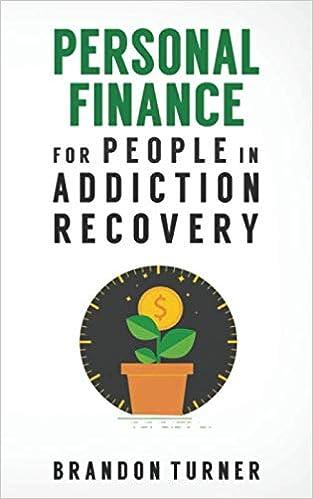Question
In order to fund its short-term operations, the Chief Financial Officer (CFO) of Best Company has decided use short-term money market instruments. The CFO has
In order to fund its short-term operations, the Chief Financial Officer (CFO) of Best Company has decided use short-term money market instruments. The CFO has asked you to advise the company of the best course of action. After a lengthy discussion with the CFO, it was decided to issue bankaccepted bills of exchange (bank bills). In order to obtain board approval, the CFO has asked you to create a simple spreadsheet to illustrate the immediate factors (such as interest rates, fees and charges) that affect the amount of funds raised, and ultimate effective cost to Best Company of issuing the bank bills. Create a simple spreadsheet for calculating bank bill prices and the effective cost of raising funds through the issue of bank billsallowing for fees and charges. Users of the spreadsheet should be able to input the following: a. The face value of the bank bill (the dollar amount to be paid to the holder at maturity); b. The term to maturity at issue (in days); c. The market yield on the purchase date expressed as a simple rate of interest (% p.a.).; d. Fees and charges (the dollar amount to be paid by the issuer of the bank bills); e. When the fees and charges are to be paid (either at issue or maturity). Once you have defined your inputs, your spreadsheet should output the following: a. The gross amount of funds raised (i.e., the issue price of the bank bill). This does not allow for fees and charges. b. The net amount of funds raised (which means the amount of funds raised after deduction of fees and charges, if appropriate). c. The gross outgo at maturity (that is the amount that has to be paid at maturity including fees and charges, if appropriate) d. The real cost of borrowing, allowing for the fees and charges (remember when you are issuing bank bills you are borrowing money). Express this as a rate of simple interest (p.a.), rounded to two decimal places, in percentage form. e. Add to your spreadsheet a graph or chart (choose the type you think will be most suitable) to compare
the issuers borrowing costs (with no allowance for fees and charges, i.e., zero fees and charges) with
the borrowing costs allowing for fees and charges at issue and with
the borrowing costs if allowance is made for the fees and charges at maturity.
Feel free to include any other item that might be useful in explaining what you are doing. Test your spreadsheet model with as many different kinds of situations as you can think of, and check the results by manual calculation to make sure your model works correctly
Step by Step Solution
There are 3 Steps involved in it
Step: 1

Get Instant Access to Expert-Tailored Solutions
See step-by-step solutions with expert insights and AI powered tools for academic success
Step: 2

Step: 3

Ace Your Homework with AI
Get the answers you need in no time with our AI-driven, step-by-step assistance
Get Started


